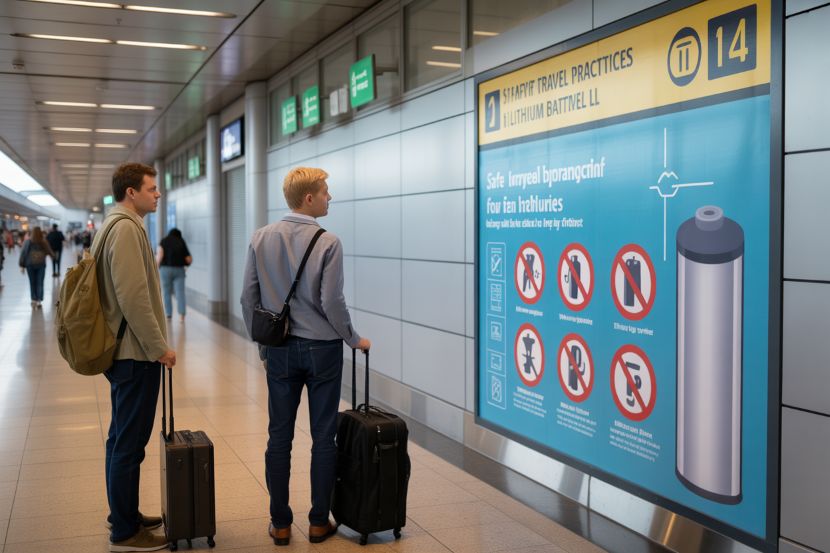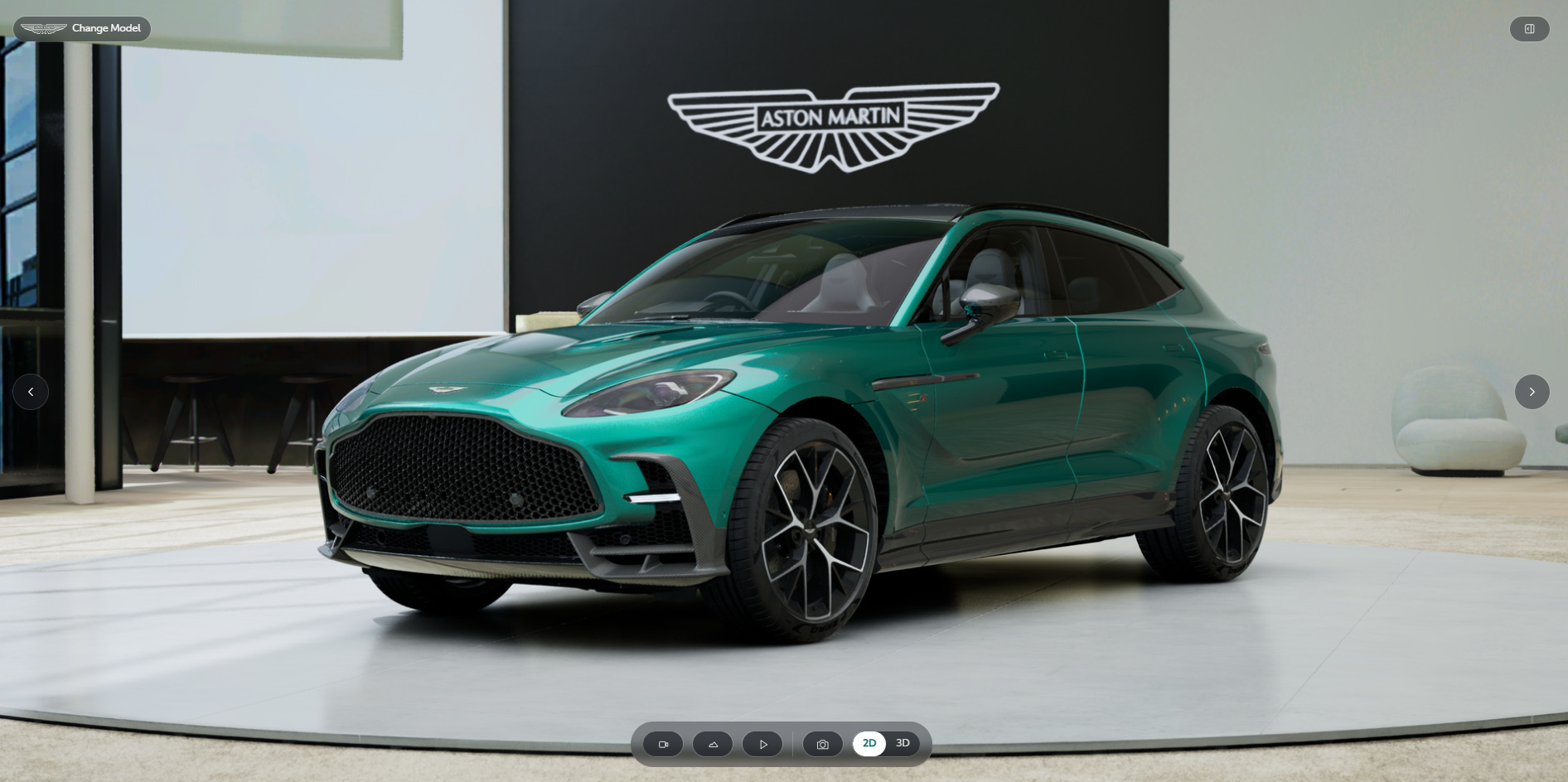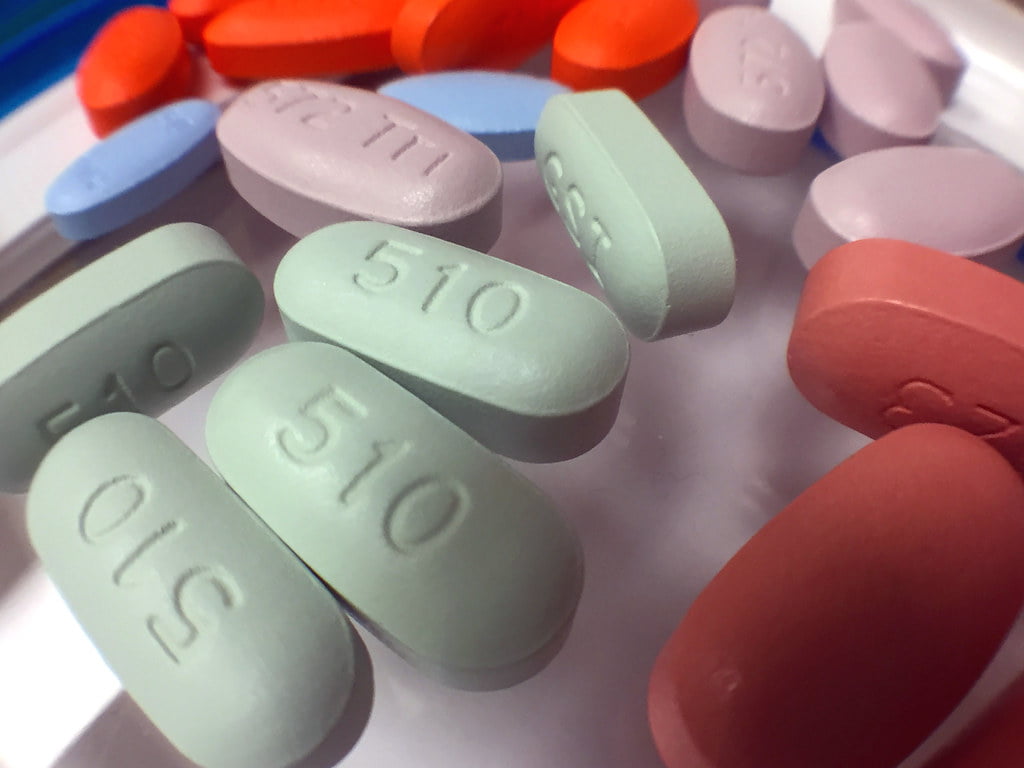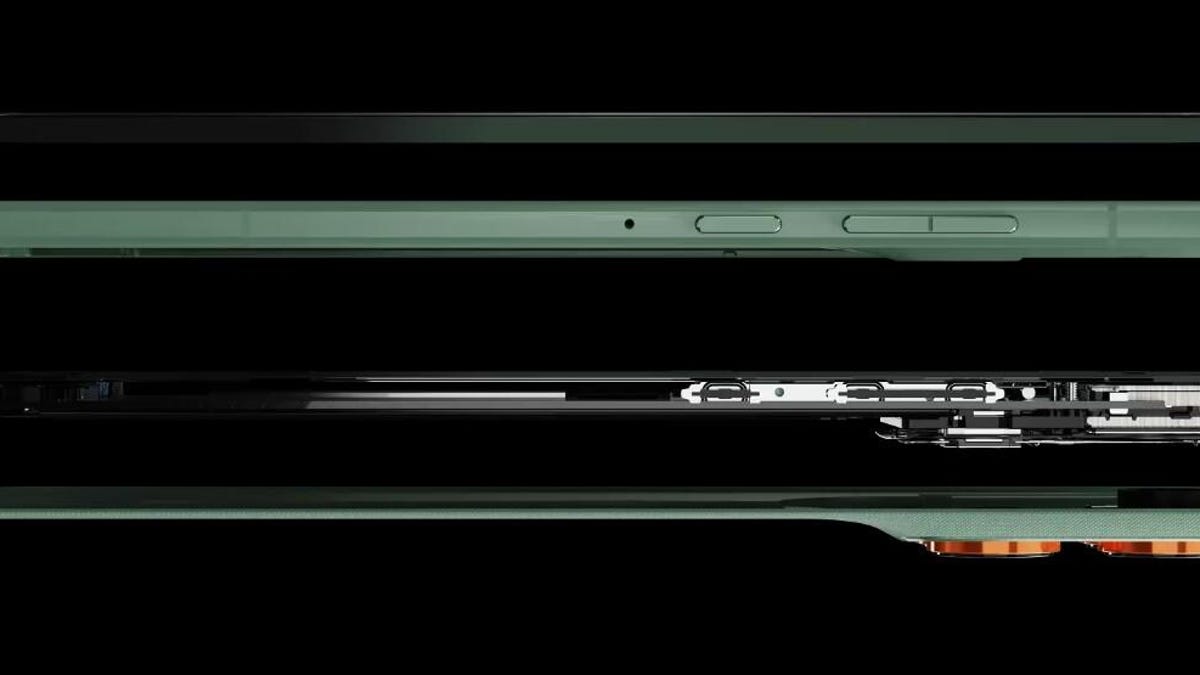Published on
October 16, 2025
The International Air Transport Association (IATA) has started an extensive global campaign to promote safe travel behaviour when travelling with lithium-powered devices. ‘Travel Smart with Lithium Batteries‘ aims to educate travellers about the safe handling of essential lithium-ion powered electronics such as mobile phones, laptops, cameras, and power banks – increasingly the norm in the travel experience.
With the increasing number of passengers carrying multiple electronic devices, IATA has identified the need for clearer communication regarding the safe packing and handling of lithium batteries. This safety campaign is an essential step in reducing the risks associated with battery-related incidents, such as fires or overheating, while improving awareness of existing airline policies.
Key Safety Rules and Guidelines
As part of the campaign, IATA has issued seven practical rules for safely carrying lithium-powered devices during air travel. The guidelines cover essential safety practices that all travelers should follow to minimise the risk of dangerous incidents.
The rules include packing only the necessary devices, ensuring all lithium-powered items are stored in hand luggage, and preventing short-circuiting of spare batteries by keeping them in their original packaging or covering the terminals with tape. Additionally, passengers are advised to report immediately to crew members if any device starts overheating, smokes, or appears damaged.
For larger batteries exceeding 100 watt-hours, such as those used in drones or certain cameras, passengers are encouraged to consult their airline before flying. The campaign also highlights the importance of following each airline’s specific policies, as local regulations may vary depending on the region or carrier.
Addressing Common Misconceptions
IATA’s campaign responds to frequent misconceptions about lithium battery safety. According to recent IATA data, a significant number of travelers misunderstand airline regulations for transporting lithium-powered devices. The findings revealed that while many passengers are familiar with the general rules, a large portion of them still believe they can pack small electronic devices in checked baggage. This misconception is especially common among travelers carrying power banks and other spare batteries, with 45% of respondents incorrectly thinking these can be packed in checked luggage.
The survey also found that 33% of passengers are unaware of the limits placed on battery power capacity. IATA’s efforts are focused on clearing up these misunderstandings and ensuring that travelers comply with safety standards, helping to reduce the risk of accidents involving lithium-powered devices during flights.
Industry-wide Collaboration and Safety Outreach
The campaign leverages IATA’s broad network, distributing safety materials that airlines, airports, and travel partners can freely use to educate their passengers. These include digital banners, social media templates, and in-flight safety materials, ensuring a consistent message across all platforms. The objective is to reach as many passengers as possible, reinforcing the importance of safe battery transport practices in the air travel industry.
By providing these resources, IATA encourages collaboration among airlines, airports, and regulators, fostering a unified approach to passenger safety. This joint effort is critical as the number of devices per passenger continues to increase, further highlighting the importance of educating travelers on safe packing and handling procedures.
Lithium Batteries: A Growing Safety Concern
Lithium batteries have become the power source for a variety of electronic devices, thanks to their efficiency and lightweight design. However, if damaged, improperly stored, or exposed to extreme conditions, these batteries can overheat, ignite, or cause fires. While these incidents are rare, their potential risk has led to more stringent regulations and guidelines to ensure passenger safety.
IATA’s Travel Smart with Lithium Batteries campaign reinforces the shared responsibility between travelers, airlines, and regulators in preventing battery-related accidents. This initiative is part of a broader global effort to standardise lithium battery transport rules, coordinated by the International Civil Aviation Organization (ICAO). IATA is working closely with aviation regulators and manufacturers to enhance safety standards and ensure compliance with evolving regulations on the safe handling of lithium batteries.
A Vital Step for Safer Air Travel
The Travel Smart with Lithium Batteries campaign represents an important move toward enhancing air travel safety as electronic devices continue to be a staple of modern life. By educating passengers about the simple, yet crucial rules for carrying lithium-powered items, IATA aims to significantly reduce the risk of safety incidents in the air. As the number of devices per passenger grows, this initiative is set to become a vital part of travel preparation, helping ensure that all air travel remains secure and incident-free.
By following these guidelines for safe travel, passengers can assure a seamless journey while helping innovation of aviation safety for all. The IATA campaign is a helpful reminder that with a little extra knowledge and attention to detail, lithium battery safety can become an effortless part of the overall travel experience.













